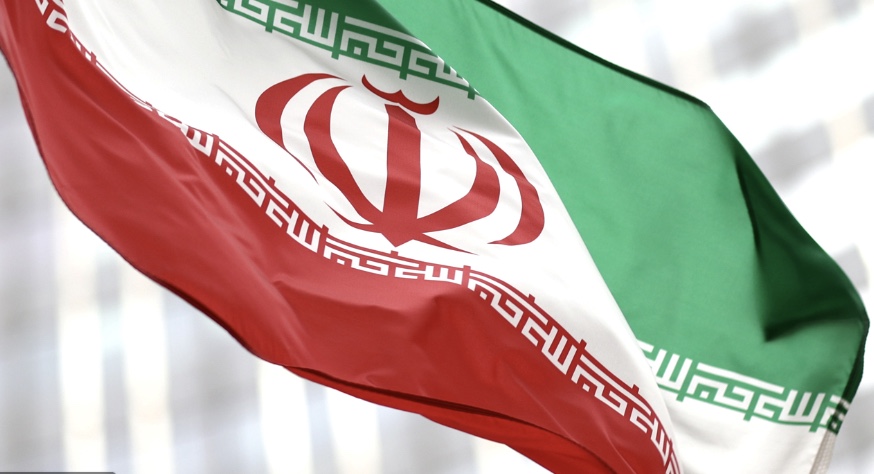The United States called a secret meeting of senior military officials from Israel and Arab countries last March to explore how they could coordinate against Iran's missile growth and possible drone capabilities in the region. The news was reported by the Washington Post.
The talks, never disclosed before, were held in Sharm El Sheikh, in Egypt: they were held, for the first time, by high-ranking Israeli and Arab officers. They met with American paretics to discuss a common threat: Iran.
The meeting brought together the top military officers of Israele, Saudi Arabia, Qatar, Egypt e Jordan and it took place while Israel and neighboring countries embarked on a confrontation on potential military cooperation. Also United Arab Emirates and Bahrain they sent their own officers to the secret meeting.
The United States was represented by gen. Frank McKenzie, then head of the US Central Command.
For decades, such military cooperation was not considered possible. Commanders in the Middle East have tried to encourage Arab states to coordinate their air defenses without involving Israel, which has always been seen as an adversary by most of the Arab world.
The talks were made possible by several changes over the years and by the growing Iranian threat. Improving political ties after the Abraham Agreements and the Trump administration's decision in January 2021 to expand the coverage area of central command to include Israel facilitated the rapprochement.
Another factor that has driven the expansion of military cooperation has been the desire of Arab countries to access Israeli air defense technology and weapons at a time when the United States is shifting its center of gravity in the confrontation against China and Russia.
Discussions between Middle Eastern nations on air defense cooperation, however, have a long way to go and are still diplomatically sensitive. In a statement, col. Joe Buccino, spokesman for the central command, did not speak specifically about the meeting in Sharm El Sheikh, but said that the command "maintains a firm commitment to increasing regional cooperation and the development of an integrated air and missile defense architecture to protect our forces in the field and those of regional partners ".
Iran "is the main destabilizing factor in the whole Middle East ", he added.
- United Arab Emirates on cooperation, in a note, they said: "the UAE is not part of any regional military alliance or cooperation aimed at a specific country ”. "Furthermore, the UAE is not aware of any formal discussions relating to this regional military alliance."
At the interviews of Sharm El Sheikh This was followed by secret lower-level meetings between representatives of Middle Eastern nations who discussed hypothetical scenarios on how they could cooperate to detect and defend against airborne threats.
At the Sharm El Sheikh talks, participants reached an agreement in principle on procedures for rapid notification in the event of detection of airborne threats
For now, such notifications would be done over the phone or computer and not through US military digital data.
Officials also discussed which national forces should have intercepted possible airborne threats.
The next step is to secure the support of political leaders to codify notification agreements and determine Middle Eastern leaders' interest in expanding cooperation.
President Biden plans to visit Israel and Saudi Arabia in mid-July. A spokesperson for the National Security Council said the White House supported “lwidening and deepening of Arab-Israeli ties“, But gave no details. The United States has been hoping for decades to build an integrated air defense shield in the Middle East, which would link radar, satellites and other sensors between countries in the region. Efforts to promote such cooperation by Arab Gulf nations have long been hampered by their reluctance to share sensitive data that could reveal their vulnerabilities and fears that Saudi Arabia might dominate such a partnership.
